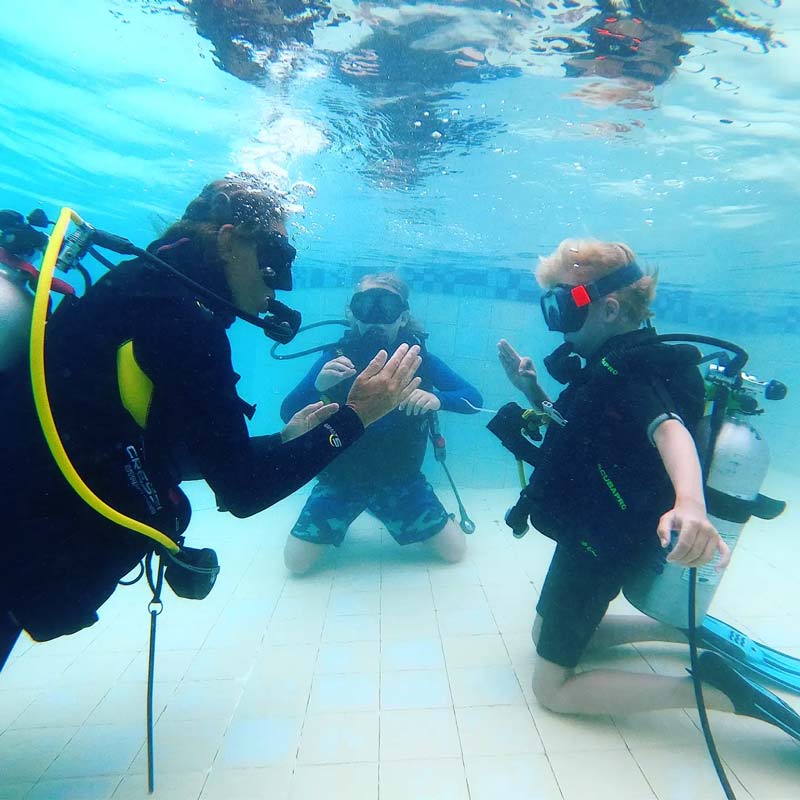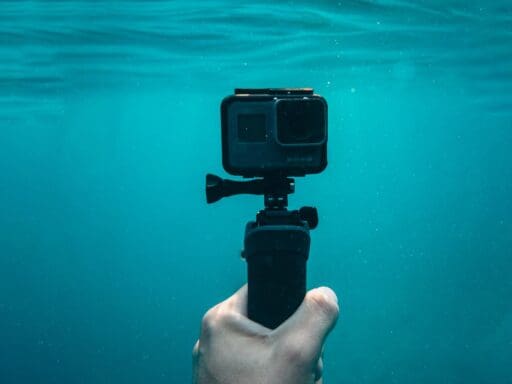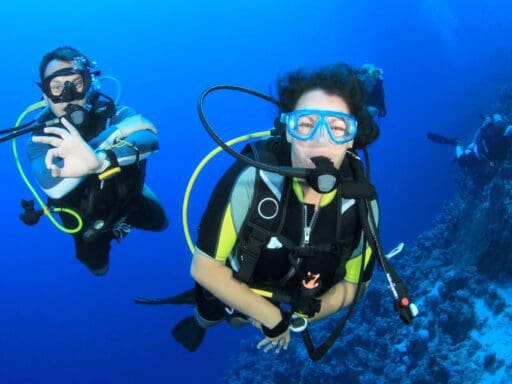Scuba diving, with its promise of exploration and discovery, has long been a passion for enthusiasts worldwide.
Yet, as we navigate the challenges of the modern era and a shift in youth interests, there emerges a critical question for the dive industry as a whole: are we doing enough to encourage the next generation of divers?
In this article, we delve into the importance of cultivating a diving culture among youth, examine the barriers that hinder their participation, and propose actionable solutions to ensure the future sustainability of the scuba diving industry.
Current challenges in encouraging kids to dive
Despite the undeniable appeal of diving, there exists a notable absence of concerted efforts within the industry to engage children in this exhilarating activity. While diving is often portrayed as an adult pursuit, the potential benefits of introducing youngsters to the underwater world are manifold. However, several challenges hinder the widespread adoption of youth diving programs.
One significant obstacle is the perception of increased liability and responsibility for instructors and training centers when working with children. Concerns about safety, supervision, and legal implications may dissuade dive professionals from offering youth-oriented courses.
Moreover, there is a prevailing misconception that diving is inherently risky, further exacerbating fears surrounding children’s involvement in the sport. This inevitably casts a shadow of doubt in the minds of instructors and training centers when thinking about actively encouraging kids to dive.
Additionally, limited awareness and accessibility pose barriers to entry for aspiring young divers. Many children may not have exposure to diving opportunities or lack access to suitable training facilities. Without adequate outreach and support, potential enthusiasts may never have the chance to explore the wonders of the underwater realm.



The importance of cultivating a diving culture amongst youth
Despite these challenges, the importance of trying to foster a diving culture among youth cannot be overstated. Introducing children to diving at an early age offers a myriad of benefits, both personal and societal.
Beyond the thrill of underwater exploration, diving instills valuable life skills, promotes physical fitness, and fosters a deep connection with the marine environment.
Engaging children in diving lays the foundation for lifelong participation and stewardship of our oceans. By nurturing a love for the underwater world from a young age, we empower future generations to become advocates for marine conservation and sustainability.
Through hands-on experiences and educational initiatives, young divers develop a profound appreciation for the fragile ecosystems that lie beneath the waves.
Overcoming barriers and increasing accessibility
To realize the full potential of youth diving programs, it is imperative to address the concerns and challenges that deter participation.
One key strategy is to implement comprehensive safety protocols and specialized training for instructors working with children. By equipping dive professionals with the knowledge and skills to effectively supervise young divers, we can mitigate liability risks and ensure a safe and enriching experience for all.
Collaboration between industry stakeholders, educational institutions, and regulatory bodies is essential to develop standardized guidelines for youth diving programs. By establishing clear standards and best practices, we can enhance the quality and consistency of training offerings. This in turn fosters trust and confidence among parents and guardians.
Finally, initiatives aimed at increasing accessibility, such as offering scholarships and partnering with community organizations, can help remove financial barriers and reach under served populations.
By diversifying and expanding the reach of youth diving programs, we can ensure that all children have the opportunity to explore and appreciate the wonders of the underwater world.

Promoting diversity and inclusion in youth diving
In our pursuit of encouraging kids to dive, it is also important to promote diversity and inclusion within the diving community.
Too often, certain demographics are underrepresented in the sport due to socioeconomic constraints, cultural perceptions, or lack of representation. To address this disparity, we need to actively work to make diving accessible to children from all backgrounds and abilities.
One approach is to offer cultural sensitivity training for dive professionals and incorporate diverse perspectives into youth diving programs. By creating inclusive and welcoming environments, we can ensure that every child feels valued and supported in their diving journey.
Additionally, partnerships with community organizations and outreach efforts can help engage underrepresented groups and break down barriers to participation.
Initiatives to increase visibility and representation of diverse role models within the diving industry can inspire children from all backgrounds to pursue their passion for diving.
By showcasing the achievements and contributions of individuals from diverse backgrounds, we can empower young divers to see themselves reflected in the sport.
As we look to the future of the scuba diving industry, it is clear that the involvement of children is not just desirable but essential.
By igniting the passion for diving in the hearts of young enthusiasts, we ensure the continued growth and vitality of the sport for generations to come. Through collaborative efforts, innovative solutions, and unwavering commitment, we can break down barriers, foster inclusion. We can create a world where every child has the opportunity to explore the wonders of the underwater world.
Let’s embark on a journey together, to inspire the next generation of divers and safeguard the future of our oceans.




